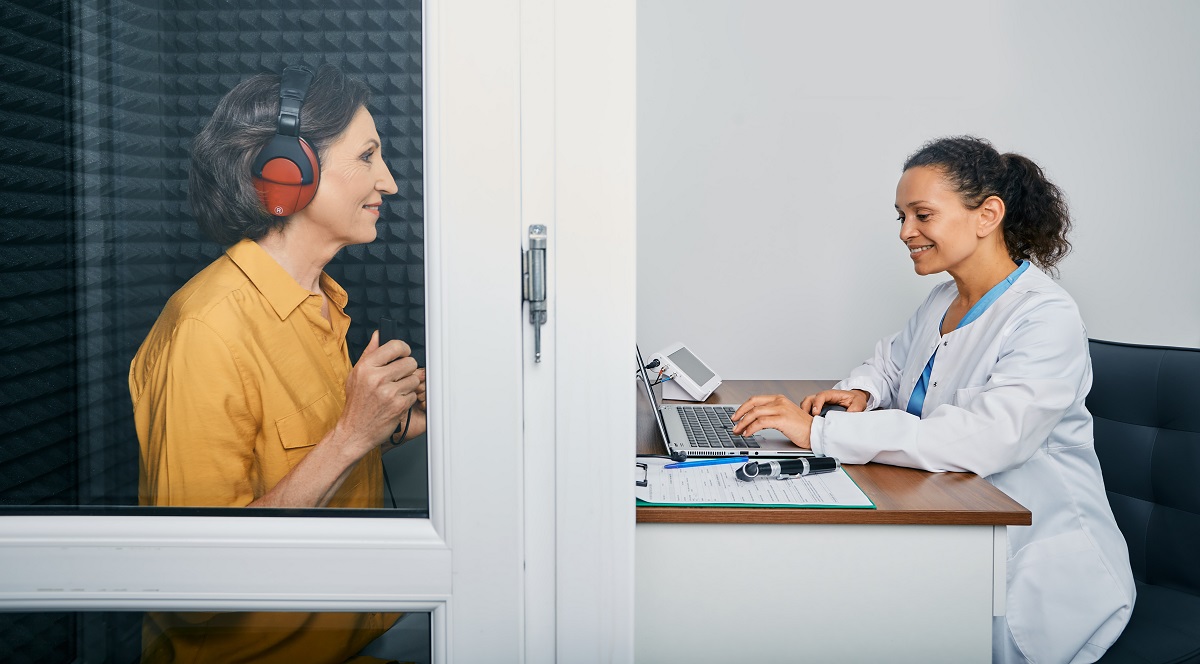What to Expect at a Hearing Test

What Happens During the Test?
An evaluation is typically made up of 5 steps. Initially our specialist will discuss any questions, symptoms, or concerns you may have. Next your ears will be inspected to check for any obstructions visible in the ear canal. At this point the specialist will ask you to listen for various tones to identify the softest sounds you can hear. We will then evaluate your ability to understand speech. Finally, we will review the results of the evaluation.
Why It's Important
Reviewing Your Results
Once a case history and evaluation have been completed, we can properly assess the degree and type of hearing loss, if any. This information allows us to help you make an informed decision on how best to approach a solution to your unique hearing health needs.
Overall, hearing tests are quick and painless procedures - lasting anywhere between 30 minutes to an hour - that provide valuable insight into your overall hearing health. Knowing what to expect before going in for one can help ease some anxiety about undergoing such an exam, so make sure to familiarize yourself with the process beforehand!
If you suspect your hearing health has changed, contact us today!
